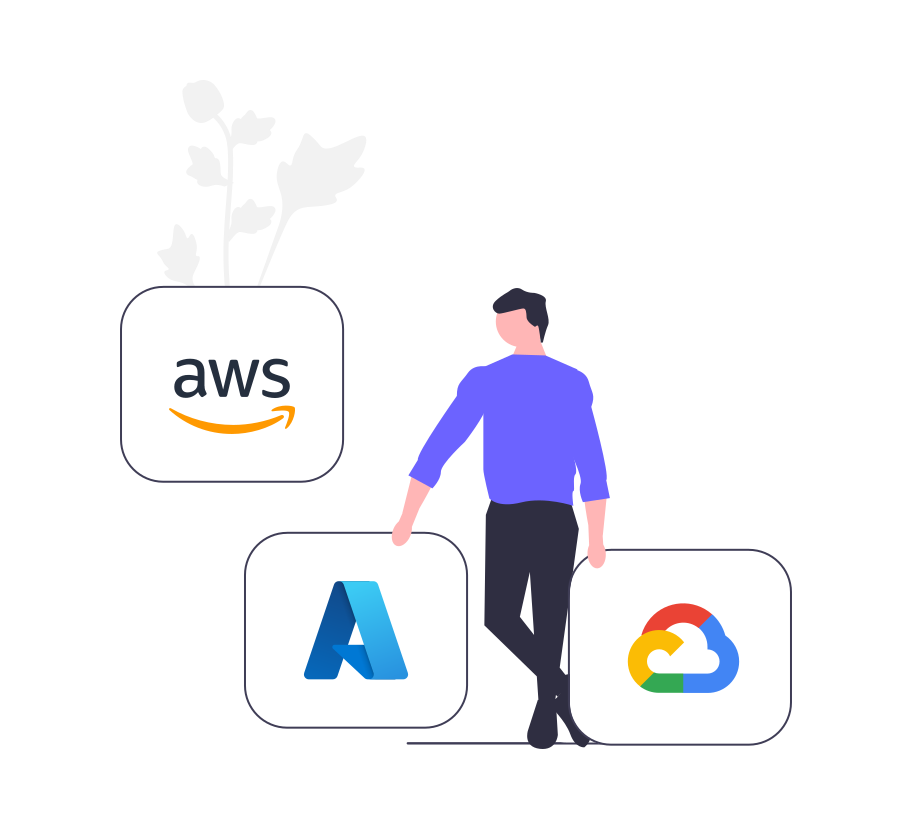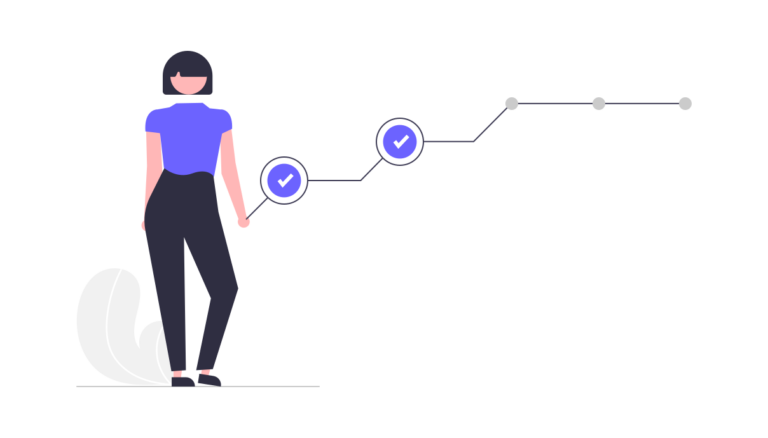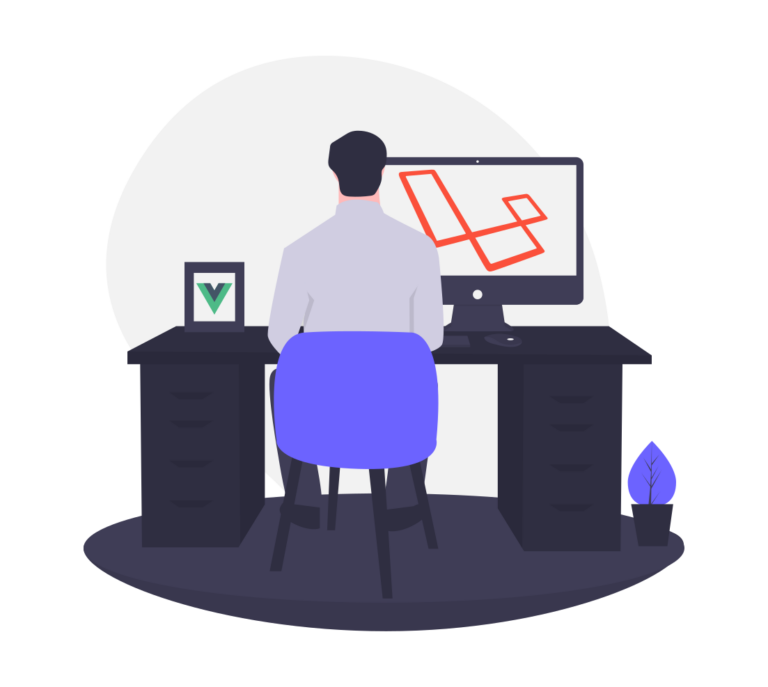
Roadmap for Cloud Engineer

Contents
Introduction
A cloud engineer helps design, build, and manage cloud-based systems. This guide will show you step-by-step how to become a cloud engineer, covering the skills and knowledge you need to succeed in this role.
Learn Cloud Computing Basics
Start by understanding the core concepts of cloud computing.
- Understand Cloud Basics: Learn what cloud computing is and how it works. Get familiar with terms like SaaS (Software as a Service), PaaS (Platform as a Service), and IaaS (Infrastructure as a Service). These are different types of cloud services that businesses use.
- Know the Major Cloud Providers: Learn about the big cloud service providers like Amazon Web Services (AWS), Microsoft Azure, and Google Cloud Platform (GCP). Understand what services they offer and how they are priced.
- Explore Cloud Deployment Models: Learn about different ways to use cloud computing, such as public, private, and hybrid clouds. Each model has its own advantages for different business needs.
Build Core Cloud Skills
Develop the essential skills for working with cloud technologies.
- Learn Cloud Architecture: Study how to design cloud solutions that are reliable and scalable. Learn about concepts like load balancing, auto-scaling, and ensuring high availability.
- Get Hands-On Experience: Practice using cloud services. Set up and manage virtual machines, databases, storage, and networks on cloud platforms.
- Understand Cloud Security: Learn how to keep cloud environments safe. Study topics like data encryption, managing user access, and following security best practices.
Master Specific Cloud Platforms
Dive deeper into particular cloud platforms.
- Get Certified: Consider getting certifications from major cloud providers. For example, AWS Certified Solutions Architect, Microsoft Certified: Azure Solutions Architect Expert, or Google Professional Cloud Architect can prove your skills.
- Learn Platform-Specific Services: Study the key services offered by each cloud platform. For AWS, learn about EC2, S3, RDS, and Lambda. For Azure, focus on Virtual Machines, Blob Storage, and Azure Functions. For GCP, explore Compute Engine, Cloud Storage, and BigQuery.
- Explore Cloud Management Tools: Learn how to use tools that help manage cloud resources, like AWS CloudFormation, Azure Resource Manager, or Google Deployment Manager. These tools help automate and control your cloud infrastructure.
Focus on Cloud DevOps Practices
Learn how to integrate DevOps practices with cloud technology.
- Understand CI/CD Pipelines: Learn how Continuous Integration (CI) and Continuous Deployment (CD) work in the cloud. Use tools like Jenkins, GitLab CI, or Azure DevOps to automate testing and deployment.
- Use Infrastructure as Code (IaC): Learn to use IaC tools like Terraform or AWS CloudFormation. IaC lets you manage cloud resources using code, making it easier to set up and maintain your infrastructure.
- Implement Monitoring and Logging: Learn about tools for monitoring and logging cloud systems. Use tools like AWS CloudWatch, Azure Monitor, or Google Cloud Operations Suite to keep track of system performance and troubleshoot issues.
Gain Practical Experience
Apply your knowledge in real-world situations.
- Work on Personal Projects: Create your own cloud-based projects to practice your skills. Try setting up virtual machines, databases, and other cloud services.
- Contribute to Open Source: Get involved in open-source projects related to cloud technology. This can give you practical experience and help you learn from others.
- Seek Internships or Jobs: Look for internships or entry-level positions to gain professional experience. Working in a real job will help you apply what you’ve learned and advance your career.
Stay Updated with Industry Trends
Keep up with the latest developments in cloud computing.
- Keep Learning: Stay current with new tools, services, and best practices in cloud computing. Read blogs, attend webinars, and take online courses.
- Network with Others: Connect with other cloud professionals. Join online communities or attend local meetups to learn from others and discover new opportunities.
- Explore New Technologies: Be open to learning about emerging technologies like serverless computing or edge computing. Staying adaptable will help you stay competitive in the field.
Conclusion
- Learn Cloud Basics: Understand core concepts and major cloud providers.
- Build Core Skills: Develop expertise in cloud architecture, services, and security.
- Master Cloud Platforms: Get certified and learn platform-specific services and tools.
- Focus on DevOps: Learn CI/CD pipelines, Infrastructure as Code (IaC), and monitoring.
- Gain Experience: Work on personal projects, contribute to open source, and seek internships or jobs.
- Stay Updated: Keep learning, network with professionals, and explore new technologies.
By following this roadmap for becoming a cloud engineer, you will acquire the skills and knowledge needed for a successful career in cloud computing. Stay committed to learning and practicing to achieve your career goals.



